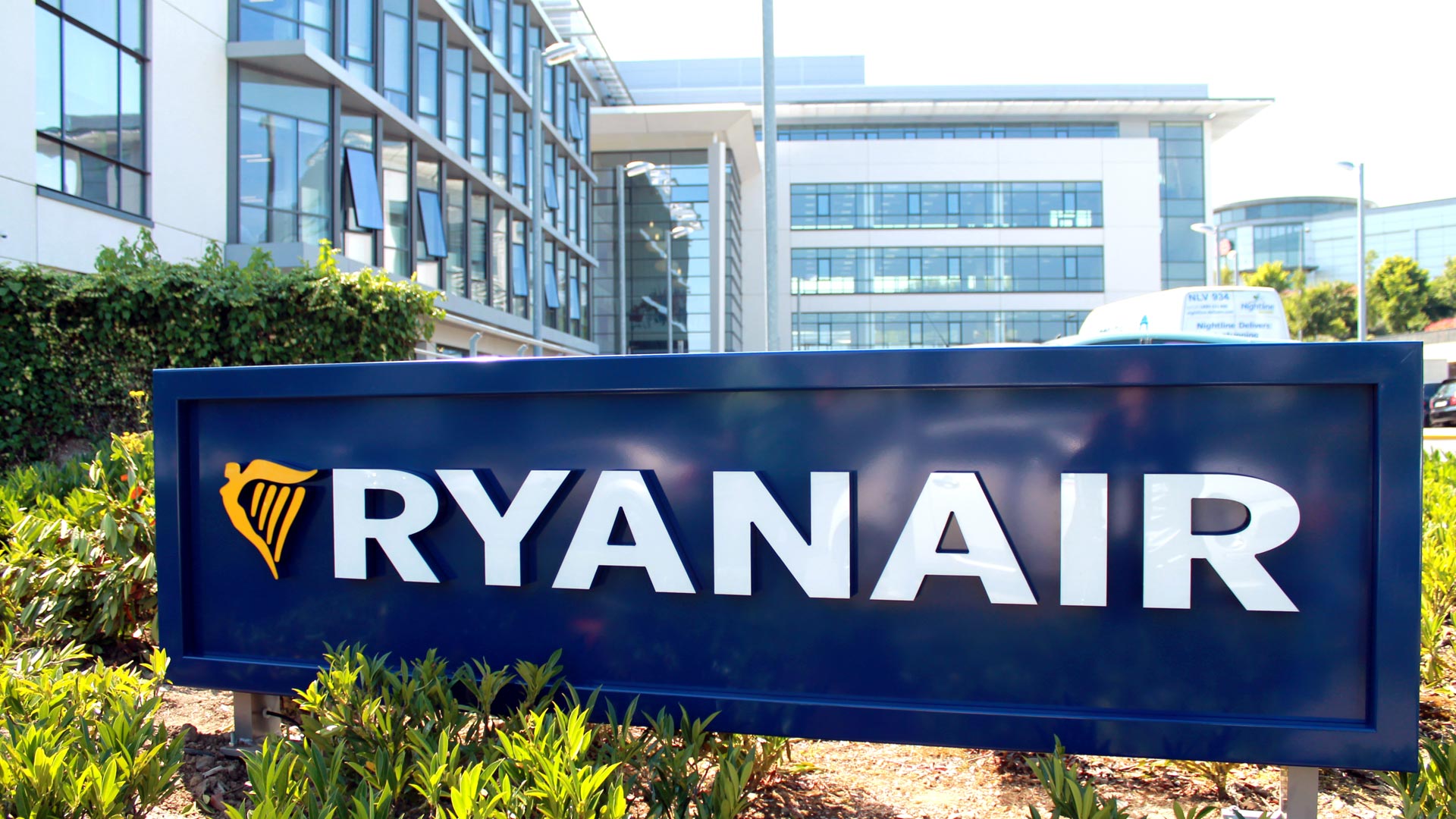Despite a fourth quarter (Q4) loss of €154 million. Ryanair reported a 2023 financial year (FY 2023) profit of €1.43bn, close to the company record set in 2018 and a roughly €1.8bn swing to the black compared to FY 2022.
Earnings per share of €1.16 came on the back of almost €10.9bn in revenue and despite operating costs going up 75% year-on-year to €9.2bn, with fuel up 113% to €3.9bn.
The Dublin-headquartered airline reported €4.7bn gross cash by the end of March 2023, with net cash at €0.56bn, up from the €1.45bn net debt reported at the end of FY 2022 and despite €1.9bn capex.
Surging fuel costs were offset in part by "favourable fuel hedges" as well as "improved fuel burn", while ex-fuel operating costs rose 54%, meaning unit costs (ex-fuel)of "just €31".
Scheduled revenue grew by over 160% to €6.93bn, despite a "disappointing Q1" when traffic was "badly impacted by Russia’s invasion of Ukraine". But "strong travel demand" through the remainder of the year saw traffic rise 74% fares 10% more expensive than "pre-Covid", the Irish budget carrier reported.
"Ryanair’s cost advantage over all other EU competitors widened substantially as we predicted it would," the carrier said, citing its "industry leading fuel hedging" of over 80% hedged at approximately $64bbl leading to savings of over €1.4bn and FY24 jet fuel requirements said to be "almost 85% hedged at approx. $89bbl".
"Our B-8200 “Gamechanger” order book is fully hedged at €/$ 1.24 which further lowers the cost of these new aircraft compared to many competitors who are engaged in expensive (and getting more expensive) leasing to grow their fleet even as interest rates are rising", the company said, adding that "almost all" of its B737 fleet are owned and 99% unencumbered,
Ryanair converted its unsecured €750 million syndicated term loan into a revolving credit facility, at a lower margin, with an extended maturity from 2024 to May 2028. "Over the coming months we will repay a €750 million maturing bond in August and fund over €2.6bn capex", the airline announced, with 2024 set to be "the peak capex year" for its so-called game-changer aircraft order.
The FY 2023 revenue and profit were driven by an increase in passenger traffic from 97.1 million to over 168 million, with the load factor up 11 percentage points to 93% as capacity topped 115% of pre-pandemic.
Looking ahead, the airline said it faces "considerable" spending of over €2bn a year from 2027, meaning it will aim to "continue to preserve cash to minimise financing costs" in the meantime.
The airline expects its fuel costs to continue to rise, with "higher oil prices" likely to see it pay €1bn more y/y in FY2024. Pointing to likely fare increases, the airline deemed itself "cautiously optimistic that FY24 revenue will grow sufficiently to cover our €1bn higher fuel bill and still deliver a modest year-on-year profit increase".
Ryanair said it aims to fly 10% more people in FY 2024, but warned that expansion could be delayed by "Boeing’s recent delivery delays".
"We hope and expect that Boeing will recover quickly from this recent delay to minimise its impact on our FY24 traffic growth and profitability," the carrier said, reminding in its FY results statement that it recently ordered 150 Boeing MAX aircraft, with options for 150 more.
Chief executive Michael O'Leary said the carrier has been "working hard" to reach what he described as "ambitious 2030 goals of powering 12.5% of Ryanair flights with SAF", or sustainable aviation fuel, reminding that Ryanair in recent months signed several SAF deals, including with Neste, Repsol and Shell.

